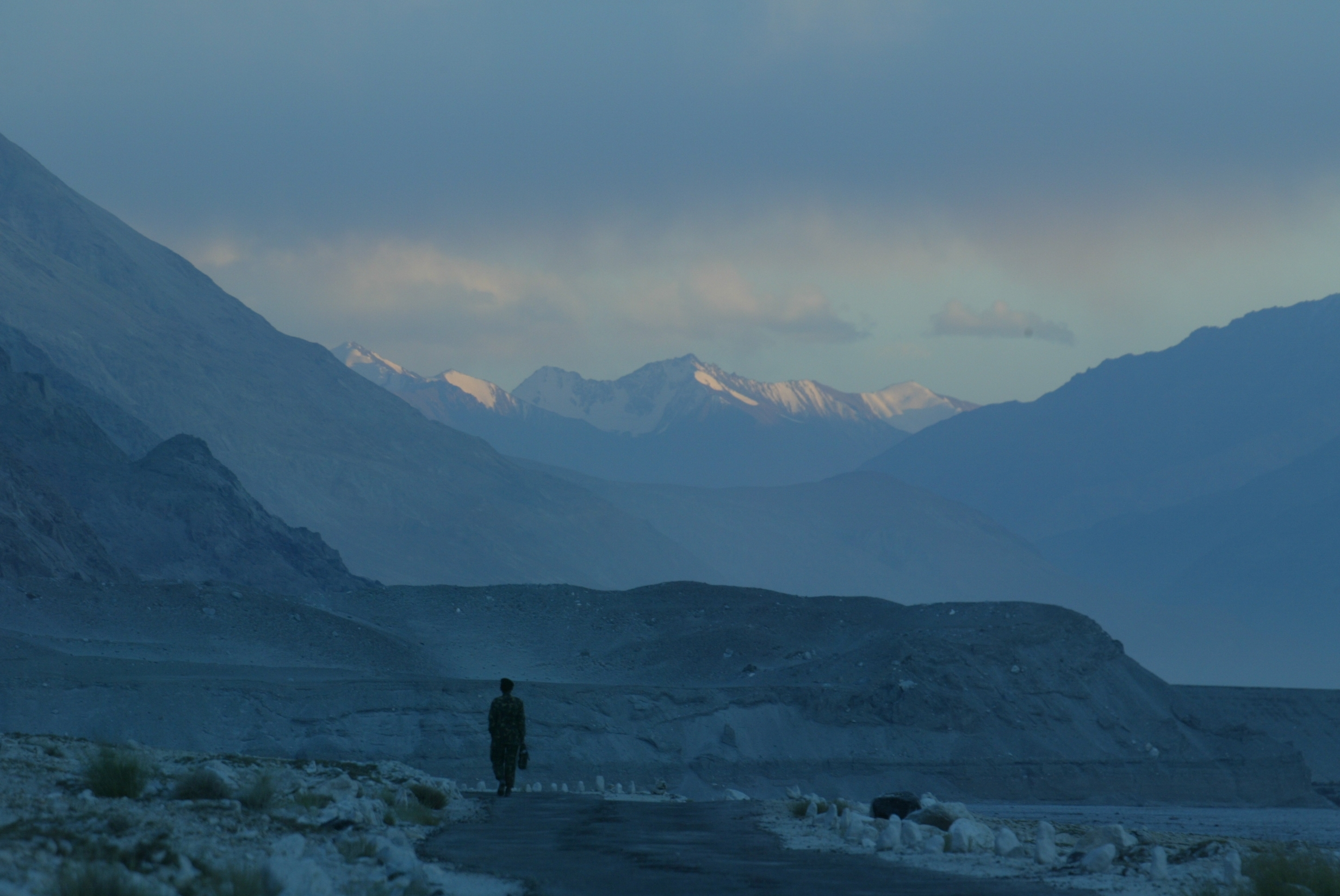
The baggage of history matters, as our present largely depends on the path we treaded in the past; what path dependency theorists tell us. Knowing the history of erstwhile Fata is crucial to understanding most of the problems it is afflicted with today. Even in the British colonial days, the area was perceived to be Yaghistan and Elaqa Ghair while in the wake of 9/11, international analysts began calling it ‘most dangerous place on earth’ and ‘epicentre of terrorism.’ Thus, clarion calls were made, both at domestic and international levels, for mainstreaming of the so-called ungoverned space through a series of reforms. The big challenge before us is how to get rid of this perception of ‘ungovernability’ and ‘safe haven’ of the area.
The passage of the 25th and 31st Amendments to the Constitution paved the way for the mainstreaming along with deletion of article 247 which restricted the application of parliamentary and provincial laws of the land to the tribal areas. The Interim Governance Ordinance, however, is seen as a case of old wine in a new bottle and a modified version of FCR. The Ordinance whilst repealing the FCR and declaring agencies districts, also authorises the governor to confer powers of a District Magistrate on the Deputy Commissioner who exercises same powers of referring civil disputes to a self-appointed Council of Elders. In the same token, the assistant commissioner was authorised to refer criminal cases to a Council of Elders. A few days ago, the Peshawar High Court has declared such provisions of the Interim Governance Regulation ultra vires of the Constitution and has ordered the government to rectify the situation within one month.
The merged area is still a conflict zone where the officers of Army and the Frontier Corps, deployed in aid of civil power, are calling the shots. Converting a defacto situation, shaped by a history of conflicts, with a dejure normalised situation based upon the rule of law is the core challenge. The mainstreaming project will be tested once the Army leaves the area. The government claims to have planned to fill the vacuum by merging the Khasadars and levy with the police in a gradual manner. In this context the establishment of police stations, police lines, training and above all enforcement of law are big challenges. The new draft prepared by the Home Department provides for a police officer heading the Frontier Regions but worryingly it does not envisage the enforcement of the Police Act, and criminal legislation such as CrPC and PPC.
The Fata Secretariat has proposed to work on the basis of soft and hard areas. According to this plan, the police will be extended to soft areas first. The Army training centres will be used to train the police for its extended needs. Till construction of the judicial complexes, courts can start work in the compounds of political agents and assistant political agents and other existing official buildings. The creation of posts of judiciary, prosecution and prisons is another uphill task. They at least require 200 kanals for the establishment of a judicial complex on the pattern of Charsadda in each district. Around 900 Judicial staff, including judges, would be required with an estimated cost of Rs503 million per annum.
Mainstreaming is a resource intensive project. Peace and development go hand in hand. Mainstreaming therefore must think keenly about resource generation in the area. In this regard the NFC should allocate 3% of the available resources in the federal divisible pool (Rs90 billion) annually for the implementation of a 10-year Development Plan in addition to the existing annual PSDP allocation of Rs21 billion. Revenues collected as Custom duties at the border may be spent on the development of Fata districts. The royalties accruing out of natural resources, minerals and forests should also be spent there. Just as a US judge once remarked that taxes are the price paid for civilisation, income tax and other tax laws along with Land Revenue Act may also be extended to the area so that the wealthy sections of the community share the burden equitably.
The socioeconomic realities of the area, arguably, pose the biggest challenge to the change managers. Assimilating the deep-rooted code of Pakhtunwali with modern laws and replacement of the principle of collective responsibility of a tribe with individual responsibility are easier said than done. The clash between age-old customs and the statutory laws and issue of quick dispensation of justice will be challenging tasks. To compound the problem, the lands in the area are owned by tribes and there is no permanent settlement except in Mir Ali and Kurram Agency. The area has an informal economy which is not taxable. Mainstreaming becomes meaningless if the area remains a safe haven of undocumented economic activities and regular laws of the land apply differently to the residents of the districts.
Published in The Express Tribune, November 8th, 2018.
Like Opinion & Editorial on Facebook, follow @ETOpEd on Twitter to receive all updates on all our daily pieces.



1719319701-0/BeFunky-collage-(10)1719319701-0-165x106.webp)







1735025557-0/Untitled-(96)1735025557-0-270x192.webp)







COMMENTS
Comments are moderated and generally will be posted if they are on-topic and not abusive.
For more information, please see our Comments FAQ